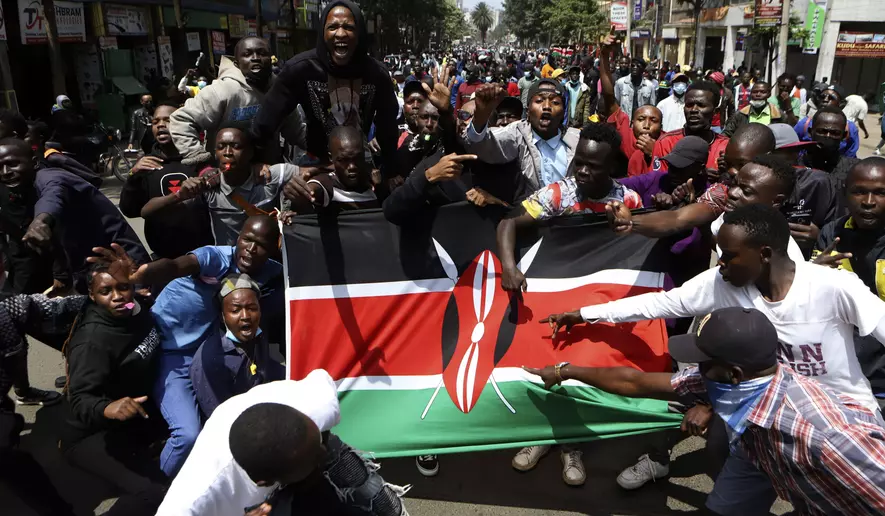Nairobi is no stranger to political unrest, but for business owners in Kenya’s capital, the recent wave of protests has pushed daily operations to the brink. As tear gas clouds the air and chants echo through the streets, retailers, small business owners, and service providers are tallying up not profits—but losses.
From the Central Business District to industrial hubs in Industrial Area and Westlands, the protests have hit hard. Shops remain shuttered, public transport is paralyzed, and customers are staying home. While political leaders spar over policy, those caught in the middle are the city’s entrepreneurs and workers—many of whom rely on daily earnings to survive.
Lost Revenue, Damaged Property
For some, the damage is physical. Storefronts have been vandalized, and a few unlucky owners have found their windows broken and inventory looted. For others, it’s the simple fact that a closed shop means zero income. In areas like Gikomba and Kamukunji, where informal traders dominate the economy, a single day of lost business can mean missing a rent payment or going without food.
“It’s not just about today,” says Mary, who runs a tailoring shop in downtown Nairobi. “If people are afraid to come into town, I lose customers all week.”
While larger businesses may weather these disruptions, small traders and informal workers bear the brunt. The Nairobi business community is resilient, but even resilience has limits.
Mounting Pressure on an Already Strained Economy
Kenya’s economy has been under pressure from inflation, a high cost of living, and currency depreciation. Add political unrest to the mix, and the strain on local businesses becomes harder to ignore. Many Nairobi business owners are calling for more dialogue and less street confrontation, hoping to see leadership that considers economic fallout—not just political optics.
Tourism, too, takes a hit whenever images of protest make international headlines. The ripple effects reach beyond city streets, impacting hotels, restaurants, and the broader service sector.
What’s Next for Business Owners in Nairobi?
There’s no clear timeline for when things will stabilize. Until then, Nairobi business owners must keep making tough decisions. Some are cutting hours. Others are moving operations online or exploring delivery services as a workaround to street disruptions.
But the underlying message is clear: Nairobi business owners are tired. They’re not just counting losses—they’re running out of options.


